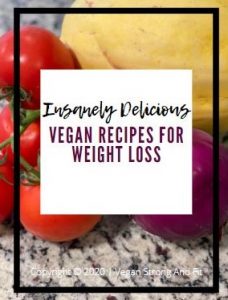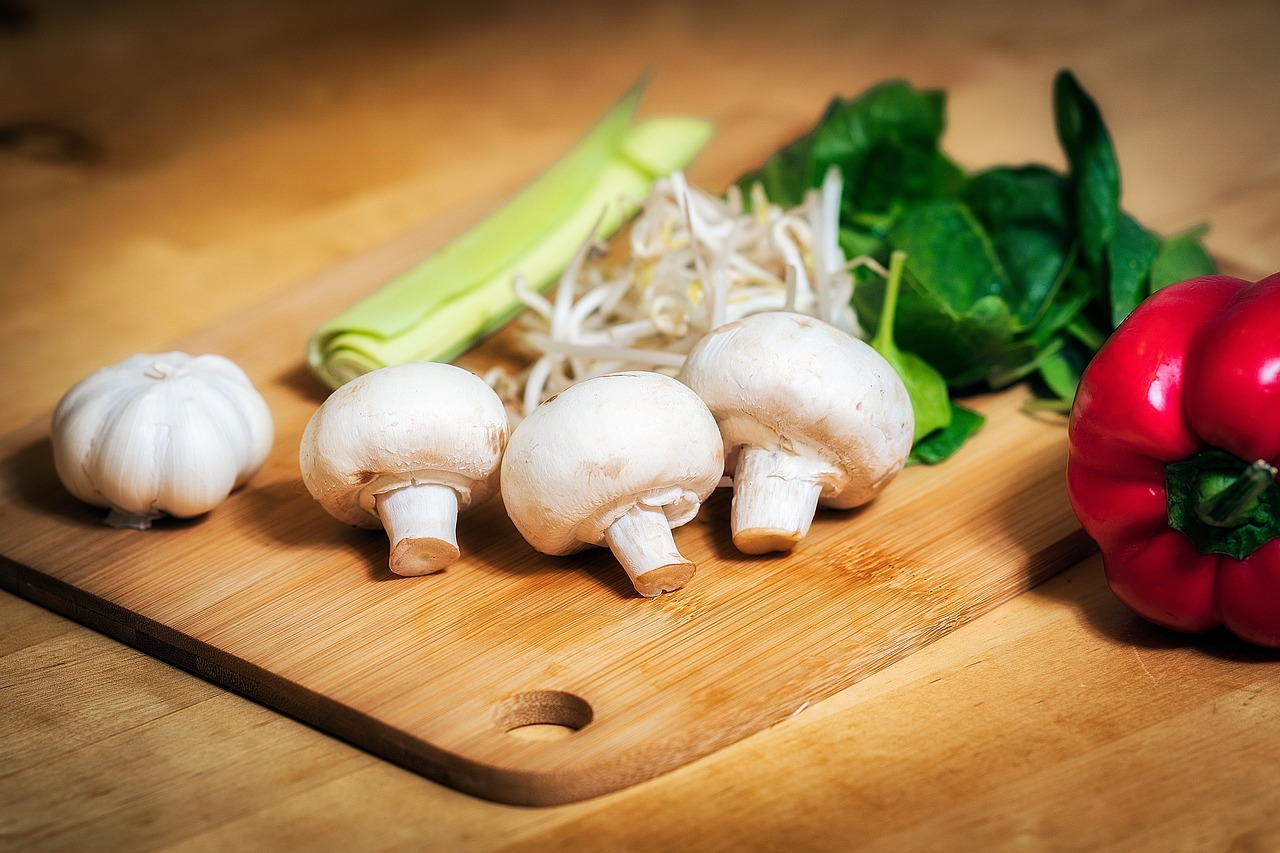The question we get more than anything else is, “How do you guys get your nutrition without eating meat?”
This is a great question, and there are several ways you can get your nutrition while eating plant based. The list below is in no way an inclusive list, however these are our preferences.
Please consult with a health care provider prior to implementing any dietary changes.
Eat The Rainbow
Fruits and vegetables are loaded with vitamins and minerals. Not only do all of the colors look beautiful and make the meal visually appetizing, each color also provides extraordinary health benefits and nutrients your body needs.
RED
Cherries, beets, cranberries, apples, tomatoes, strawberries, raspberries, and red bell peppers are just a few of the delicious foods that fall into this section.
The benefits of eating red fruits and veggies are:
- enhanced brain health
- enhanced heart health
- reduced risk of cancer
- boost the immune system
They are packed with antioxidants like vitamin A, Vitamin C, maganese, and fiber.
ORANGE
Oranges, Orange bell peppers, mangos, peaches, sweet potatoes, pumpkin, carrots, and tumeric.
Eating orange fruits and veggies helps to:
- boost your immune system
- increase eye health
- increase skin health
They contain potassium, vitamin C, vitamin A, and folate.
YELLOW
Pears, bananas, yellow bell peppers, squash, lemons, corn, and pineapples.
Eating yellow fruits and veggies help promote heart health.
GREEN
Green beans, green bell peppers, kale, spinach, avocado, asparagus, zuchinni, limes.
Eating your green fruits and veggies are great for:
- anti-inflammatory
- liver support
- heart health
Eating green fruits and vegetables provides you with vitamins and minerals such as vitamin A, vitamin C, potassium, folate, and fiber.
BLUE & PURPLE
Eggplant, blueberries, blackberries, prunes, and plums are some of the delicious blue and purple foods you can find.
The benefits of eating blue and purple fruits and veggies are:
- anti-inflammatory
- reduced risk of cancer
- lower cholesterol
These fruits and veggies contain lutein, zeaxanthin, resveratrol, vitamin C, fiber, flavonoids, ellagic acid, and quercetin
WHITE & BROWN/TAN
Dates, cauliflower, hemp seeds, ginger, onions, mushrooms, jicama, potatoes, and coconut are some delicious options.
Their benefits include:
- anti-inflammatory
- healthy liver
- maintain cholesterol levels
They provide high levels of potassium.
Incorporate Sea Moss
Did you know sea moss (also known as Irish moss) contains 92 of the 102 minerals your body needs?
Our entire family, including our 3 boys take sea moss every day. Yuri and I include this in our herbal teas in the morning and we add this to the boys oatmeal.
If you decide to take sea moss, be sure you are buying a wild crafted sea moss. Wild crafted means this was harvested out of the ocean where it was able to absorb all those wonderful nutrients from the ocean floor. If it is not specified that it is wild crafted, there is a high chance it was grown in a pool which means it would not provide the same nutrients.
There are several benefits of using sea moss, including:
- rich in iodine (be careful if you are already on medications that contain iodine)
- aids in digestions
- aids in weight loss
- supports hair, skin, and nails
- increases energy
- boosts immune system
Supplement If Necessary
There may be cases where sea moss is not an option for you. For example, if you have a seafood allergy, if this is not readily available to you (it can be difficult at times to find this in stock). Or you or your doctor don't feel that this is the right choice for you.
If that is the case, by all means supplement to make sure you are receiving the nutrients you need.
The most common vitamin missing in a vegan diet is vitamin B12. This can easily be supplemented with an over the counter supplement.
Beans And Legumes Are Your Friends
Another big piece of nutrition people fear they will be missing when transitioning to a vegan lifestyle is protein. Animals are just the middle men between the protein we receive when eating meat. Animals consume the protein from the plants, then we consume the meat from the animals. By consuming our protein directly from the plants, we are cutting out the middle men.
Although essentially all plants contain some quantity of protein, there are some that provide protein in a much higher content such as:
- chickpeas (14.4 g per cup)
- nutritional yeast (2g per tablespoon)
- lentils (18g per cup)
- hemp seeds (11 g per 3 tablespoons)
- quinoa (8g per cup)
- Ezekiel bread (5g per slice)
- wild rice (7g per cup)
- chia seeds (4.7g per 1 ounce)
- cashews (5g per ounce)
It is incredible how you can get all of the nutrients your body needs from plants! And when you fuel your body with nutrients it feels satiated and will feel less hungry.

Insanely Delicious: Vegan Recipes For Weight Loss
This ebook is packed with delicious breakfasts smoothies, delectable salads outside of the norm, unbelievably healthy dinners, and incredible desserts and snacks.

